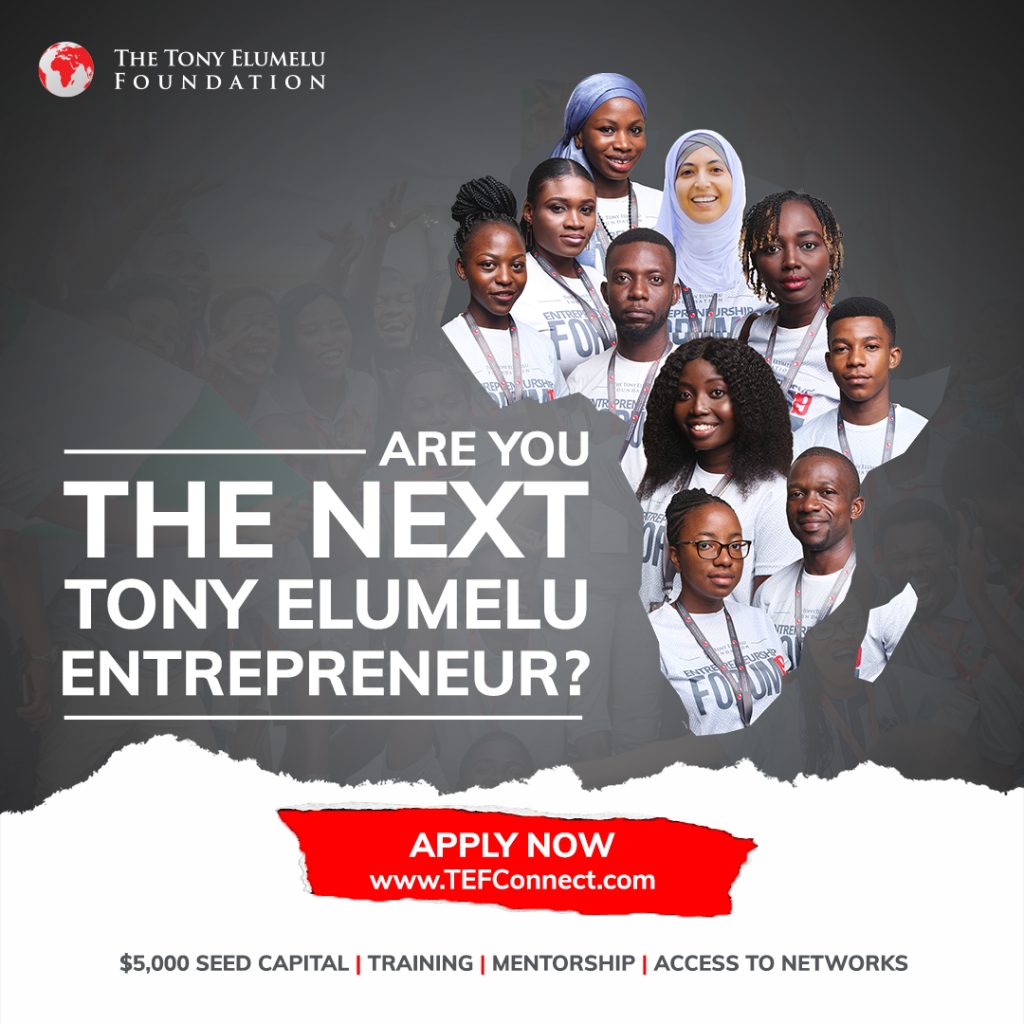The Secret Lives of Seed Recipients
The Invisible Threads of Change: Micro-Narratives from Tony Elumelu Foundation Entrepreneurship Programme Beneficiaries

Africa is not one country, nor one culture. It is 54 countries, with thousands of cultures, and millions of entrepreneurial stories playing out every day.
The Tony Elumelu Foundation’s support is like a tracer dye illuminating the vital pathways of Africa’s entrepreneurial ecosystem. It reveals how entrepreneurs across geographies, sectors, and cultures respond to the catalytic force of “just a little luck,” often the very head start they need to break through barriers and build lasting impact.
Their stories are not uniform; they are as varied as the markets they serve. But when placed side by side, they reveal patterns: how capital creates jobs, how mentorship sparks pivots, how resilience looks in agriculture versus tech, how culture shapes innovation.
This article is a cartography of micro-narratives, each one small but together forming a mosaic of what entrepreneurship in Africa really looks like: diverse, improvised, systemic, and human.

2018 Ugandan TEF Alumni– Eliab Mayengo
At 12, Eliab Mayengo was already self-sponsoring his education, moulding clay bricks by hand to cover his school fees. Years later, with a degree in mechanical engineering, he returned to the same soil this time with the vision to industrialise brickmaking. His company, Orca-Pod Holdings, fabricates machinery that produces affordable, high-quality building materials such as clay bricks, ventilators, and partition blocks, making decent housing more accessible to Uganda’s middle class.
With support from the Tony Elumelu Foundation, Eliab scaled his operations dramatically. His workforce grew from 20 to 45 employees, and annual revenues rose from UGX 145 million to UGX 201 million. He also constructed an eco-friendly kiln, reducing fuel use while increasing production capacity, allowing him to expand into new districts.
For Eliab, bricks are the foundation of dignity, enabling Ugandan families to build safer homes while proving that local innovation can tackle housing challenges sustainably.
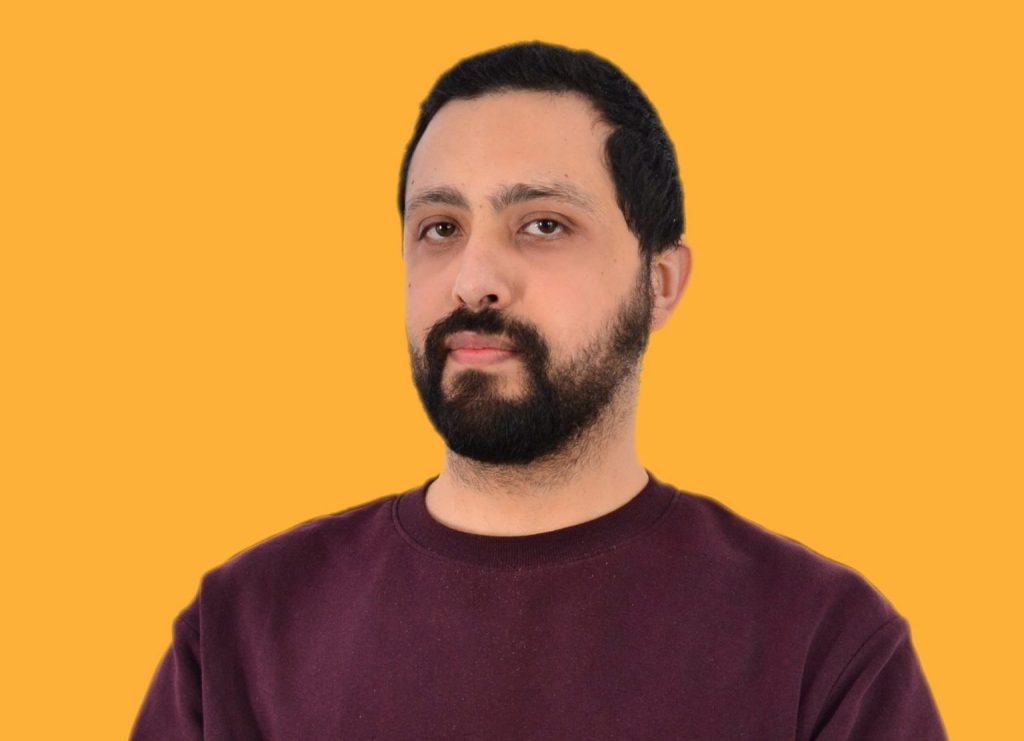
2019 Tunisian TEF Alumni – Haythem Dabbabi
When the worldwent into lockdown in 2020, so did Tunisia, and TEF Alumni, Haythem Dabbabi saw not paralysis but possibility. With his venture, Evocraft, he began introducing children to robotics, coding, and STEM through playful, non-traditional approaches. What started as a single prototype became, with the Tony Elumelu Foundation Entrepreneurship Programme training, mentorship, and seed capital, a growing business model serving schools and communities.
Today, Evocraft has impacted over hundreds of children, with a flagship TechBus that drives into rural areas, teaching underserved girls how to code, build robots, and imagine futures in technology. The TEF Entrepreneurship Programme not only funded his dream but reshaped his operations, helping him expand nationally and prepare for international markets.
“My purpose in life, is to help other people’s development skills.” For him, robots are not the goal; they are the tools. The true invention is confidence: proving to young Africans, especially girls, that the future of STEM belongs to them too.
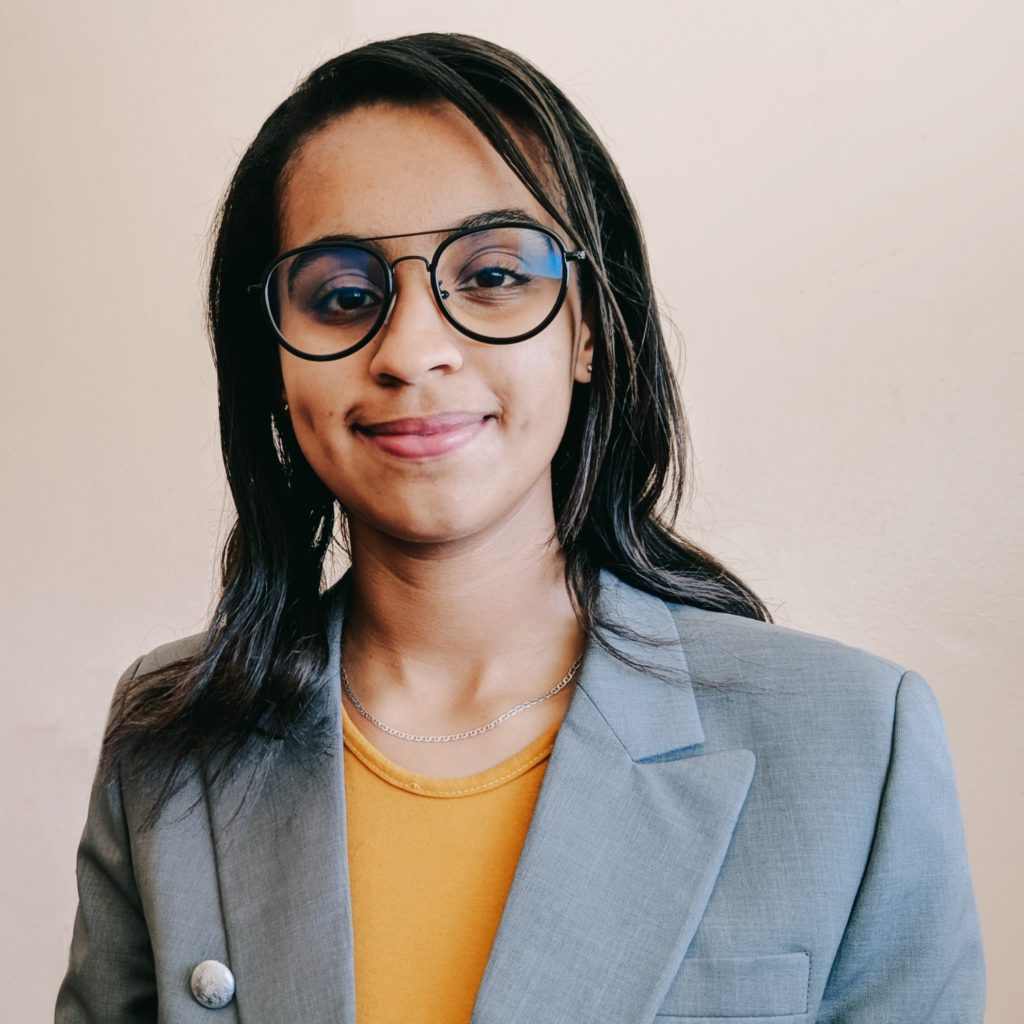
2019 Moroccan TEF Alumni – Nora Chaynane
In Morocco, 80% of teenagers between 15 and 18 are uncertain about their career path. For Nora Chaynane, that confusion was not inevitable it was a problem waiting to be solved. With support from the Tony Elumelu Foundation, she founded Shine Space, a socio-educational initiative that equips young people with technical and interpersonal skills often missing from formal schooling.
Before the COVID-19 pandemic, Shine Space delivered more than 10 workshops, offering mentoring and career guidance. When classrooms closed, Nora pivoted online, hosting 20 digital workshops, supporting 100 students with direct mentorship, and reaching over 2,500 participants. She also collaborated with health centres and Morocco’s Ministry of Health to raise awareness of the COVID-19, showing her commitment to both education and community well-being.
Her next frontier was Glisa bla VISA Morocco’s first interactive platform designed to improve language and conversational skills through discussion groups on trending issues.

2019 Zimbabwean TEF Alumni – Gladys Chibanda
At just 21, Gladys Chibanda reimagined Ankara fabric not just as clothing, but as functional art. Through her brand, Krafted Ink, she began producing handmade journals, diaries, and gift packaging infused with African textiles. With the support of the Tony Elumelu Foundation Entrepreneurship Programme’s training, mentorship and seed capital, Gladys refined her business model, built smart partnerships, and scaled her customer base from a few dozen to more than 50,000 users across all 36 Nigerian states.
Her vision goes beyond craft. In 2022, she launched Dignity for Her, a project training adolescent girl to sell reusable pads in their communities. To date, over 300 girls have been equipped with both product knowledge and income opportunities, with a target of 2,000 in sight. The initiative bundles menstrual health education with entrepreneurship, breaking cycles of poverty and stigma at the same time.

2018 Namibian TEF Alumni – Lahja Amakali
When her three sole shareholders pulled out, Lahja Amakali nearly lost her agribusiness. But the seed capital from the Tony Elumelu Foundation Entrepreneurship Programme kept Niithete’s Agro-Business alive. Today, her company produces five flavours of sorghum coffee substitutes and partners with mint, lemon, and ginger growers. “The Tony Elumelu Foundation classes were my eye opener,” she says. “They gave me peers to share challenges and pushed me forward when others gave up.” Her company now employs 10 part-time and two full-time staff and empowers small farmers with training on biogas, backyard gardens, and crop marketing.
For Lahja, agribusiness is more than profit: it is proving that Namibians can process food for national and international markets and feed themselves with their own hands.
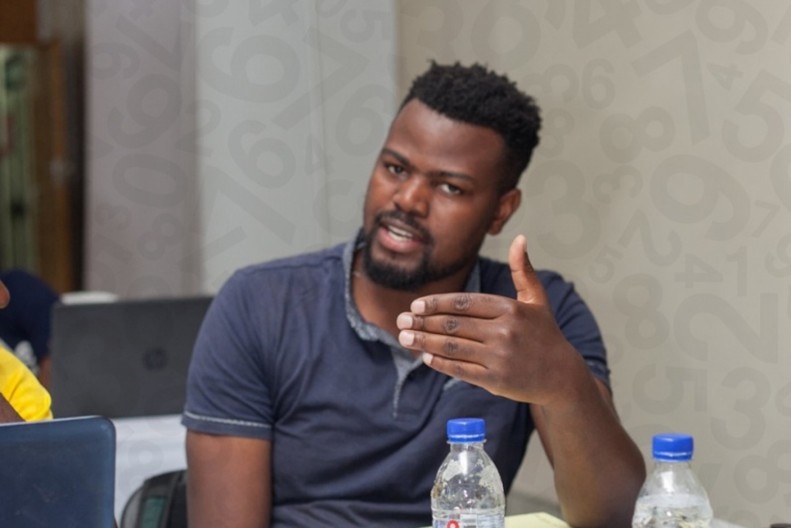
2019 Zimbabwean TEF Alumni – Msindazwe Ndhlovu
In Bulawayo, Zimbabwe, Msindazwe Ndhlovu is solving two crises at once: plastic waste and housing shortages. His company, The Noble Savage, recycles waste plastic into roofing tiles, ridges, and paving blocks — lighter, stronger, and more affordable than traditional alternatives. With empowerment from the Tony Elumelu Foundation, he scaled from five to eight employees and doubled annual revenue from $10,000 to $20,000. Recognition followed: two national innovation awards and due diligence with Earth Capital for a $1 million investment. “I want to transform Africa one piece of plastic at a time,” he says.
His work shows how waste, reimagined, can become shelter for the most vulnerable.
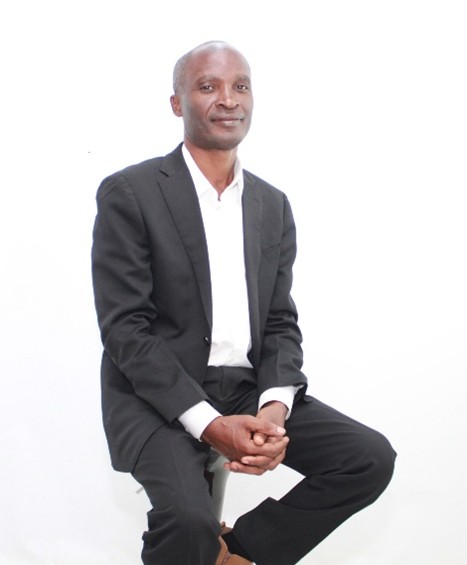
2019 Zambian TEF Alumni – Peter Chama
From cross-border hair trading to lecturing, Peter Chama’s path was anything but straight. But it led him to founding Petcha – Centre for Complementary Medicine, Zambia’s first accredited institution for naturopathy and alternative medicine. After participating in the TEF Entrepreneurship Programme, Peter expanded from six to 15 staff, opened three new campuses, and now runs certificate and diploma courses across provinces.
Revenue jumped tenfold — from K50,000 to K500,000 annually. “The vision was never to build one school, … It was to build a network so that underperforming campuses could be sustained by stronger ones.” For Peter, entrepreneurship is nation-building through education.

2021 South African TEF Alumni – Lungile Marhungane
Growing up in Limpopo, Lungile Marhungane witnessed first-hand how the absence of clean water could mean both illness and economic loss. Determined to change this, she founded Jeslu Puro Water, a start-up that purifies water using an innovative macadamia nut filter — a green, locally rooted solution.
Since participating in the TEF Entrepreneurship Programme, Lungile has employed four staff, supplied funeral parlours and households, and generated $800–$1,500 monthly. “The financial tools from TEF helped me understand profitability and projections.” Today, Jeslu Puro is incubated at Innovation Hub South Africa, preparing to expand nationwide.
For Lungile, clean water is a circular economic opportunity that creates jobs and safeguards health.

2018 Cameroonian TEF Alumni – Angele Messa
When schools shut down in Cameroon in 2018, thousands of young people were left stranded without education or opportunities. For Angele Messa, it was a personal call to action. Drawing on her own struggles with education, she founded EduClick Africa and later EduClick Careers, a digital learning and job-matching platform.
With the $5,000 non-refundable seed capital from the Tony Elumelu Foundation, Angele built an online learning hub and expanded her venture into Cameroon’s largest job search engine. Today, EduClick employs three full-time and four part-time staff, has registered more than 46,000 users, trained over 8,000 young people in employability skills, and placed more than 600 into decent jobs.
Her ambition is bold; to help one million Cameroonian youths’ access meaningful work by 2025 regardless of location, qualification, or gender.

2021 Malian TEF Alumni – Maliki Sankaré
Across 24 hectares of farmland in Mali, Maliki Sankaré is rewriting agriculture’s story. His company, Socco-Agro-Business, grows rice and vegetables while creating jobs for rural youth and women. With the seed capital, mentorship and training from the TEF Entrepreneurship Programme, he expanded operations, trained 150 farmers, and now generates up to two million FCFA annually.
Maliki’s vision is bold. He is harnessing digital farming to monitor water and fertiliser use, reduce rural exodus, and create employment across Mali by 2030. Already recognised by the World Food Programme, his work proves that Mali’s land holds wealth when in the hands of its youth.
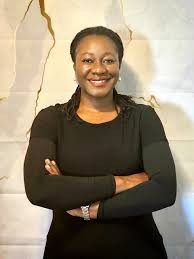
2015 Nigerian TEF Alumni – Ogola Kange
In Nigeria, where 40% of tomatoes are lost post-harvest, Ogola Kange saw both waste and opportunity. Her company, Smiley’z Mobile Kitchen, processes surplus tomatoes into organic products with longer shelf life, helping farmers reduce losses while ensuring food security. With a $5,000 seed capital and training from the Tony Elumelu Foundation in 2015, Ogola transformed her idea into a sustainable agribusiness.
Today, she works with 35 smallholder farmers, boosting their sales by 25% annually, and has trained over 200 women in agribusiness, 50 of whom have since launched their own ventures. Smiley’z is now part of the Solar Impulse Foundation’s 1,000 Solutions, recognised for its renewable practices that cut CO₂, conserve water, and reduce waste.
For Ogola, every jar of tomato paste is a recipe for women’s empowerment and a solution to Nigeria’s food security challenge.

2015 Nigerian TEF Alumni – Omowunmi Akande
A former corporate worker, Omowunmi Akande left her desk job to make healthy living accessible. Her brand, Smoothie Express, launched in 2015 with TEF support, now generates over one million dollars in revenue through outlets, subscriptions, and events.
Employing more than 30 people, her business positions wellness as a lifestyle, not a luxury. “The TEF Entrepreneurship Programme could not have come at a better time … It moulded us into the savvy entrepreneurs we are today.”
From business-to-business (B2B) sales to international recognition, Smoothie Express proves that health and profit can scale together.

2022 Beninoise TEF Alumni – Assiba Fée
When her newborn struggled to gain weight, Assiba Fée tried an age-old remedy: moringa leaves. Within weeks, her baby was thriving. That personal miracle became the seed of Assiba Fée Sarl, an agribusiness in Benin republic that grows and processes moringa into juice, pasta, syrup, and jam. With the TEF Entrepreneurship Programme seed capital, she renovated her workspace to meet food safety standards, purchased modern processing equipment, and expanded her team from four to 10.
Revenues leapt from Three million to Sixteen million West African CFA francs annually. Recognition followed: wins at Get in the Ring Cotonou, Fenou Contest, and the Food Connection Challenge, plus $30,000 in additional funding. Today, as she builds a new factory, her mission is clear: to turn moringa — the “most nutritious plant in the world” into accessible, everyday products that tackle malnutrition without changing the taste of people’s meals. For Assiba, moringa is a pathway to healthier families and stronger communities.

2017 Nigerian TEF Alumni – Onome Matilda Odogene
In the Niger Delta, where oil dominates, Onome Odogene chose food over fuel. With a background in engineering, she founded Styda Culinary Academy to train chefs and food entrepreneurs. The TEF Entrepreneurship Programme l gave her the launchpad: today, she has trained more than 300 chefs, revamped 30 food businesses, and employed six staff directly.
Her culinary school is a hub of opportunity, offering youth in the Niger Delta a pathway beyond oil dependency. “The networks and training from TEF changed my life entirely,” she says. Styda is proof that the region’s wealth is not only under the ground, but also in kitchens and classrooms.

2018 Nigerian TEF Alumni – Adeolu Joseph Adekunle
Combining his veterinary degree with his knack for tech, Adeolu built Vspotter, a digital platform linking pet owners with veterinary doctors in real time. Through the empowerment from the TEF Entrepreneurship Programme, he upgraded his cloud-based management software, Orion, and expanded from 20 users to a database of every veterinary doctor in Nigeria, now serving hundreds of pet owners daily.
His team grew from two to five, and revenue quadrupled to $10,000 annually. “Before TEF, this was just an idea; now it’s a national platform.” For Adeolu, animal health is more than a niche; it is a critical piece of food security, livelihoods, and innovation.
Entrepreneurs are Africa’s Unfair Advantage
Africa’s transformation is happening in quiet, determined steps.
Each Tony Elumelu Entrepreneur represents a calculated risk, a small but intentional bet on potential. When viewed collectively, these entrepreneurs form a living map of innovation, grit, and ambition.

